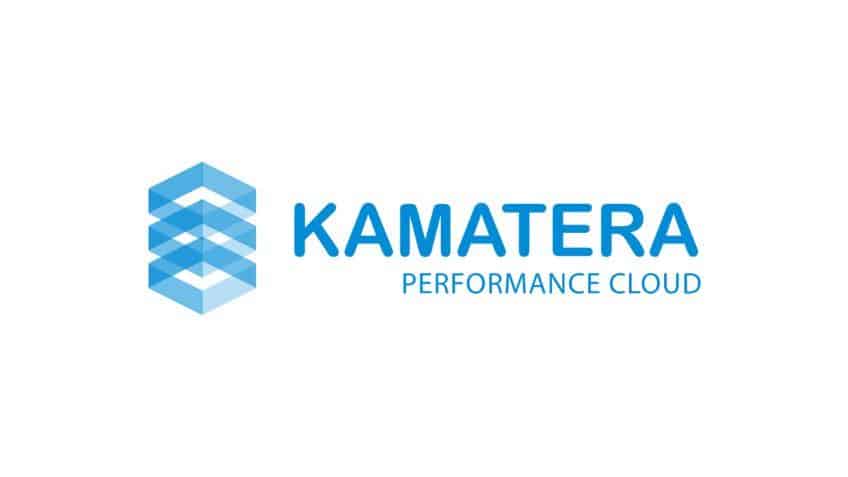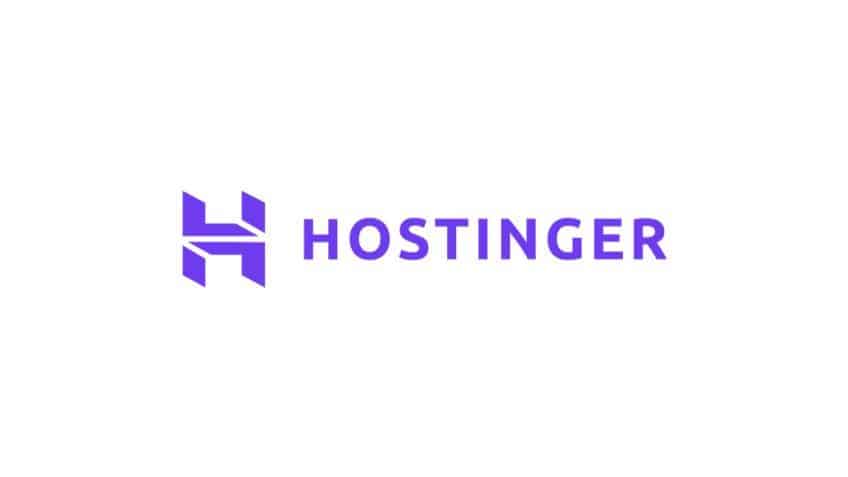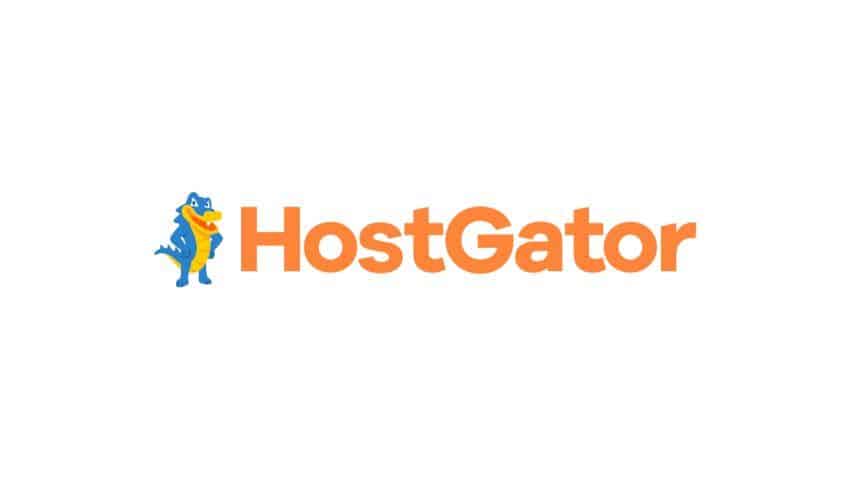Shared hosting is a solid starting point for launching new websites or running smaller projects with limited traffic. But once your site starts growing, you’ll quickly need more power and flexibility. That’s where VPS (Virtual Private Server) hosting comes in—it’s one of the most cost-effective ways to upgrade without jumping straight to a dedicated server.
Is VPS Hosting Right for You?
We’ve tested nearly every major hosting provider over the years—and we’re still hands-on with most of them today. For example, the site you’re reading right now runs on managed WordPress hosting. It’s a great pick for people who want a hands-off, worry-free hosting experience, especially for WordPress sites. That said, it can get pricey as you scale.
If you’re more technically inclined, cloud hosting is another flexible upgrade from shared hosting. It’s especially appealing to developers or users who want full control over their environment and the ability to scale resources on demand.
VPS hosting sits right in the middle. It gives you more performance, customization, and control than shared hosting, but without the complexity or cost of a dedicated server. Most VPS plans include a graphical control panel (like cPanel or a custom panel), making it straightforward to manage your site—even if you’re not a developer.
If you think VPS hosting might be right for your needs, check out our top picks below:
- Kamatera — Virtually unlimited scalability and fine-grained resource control
- Hostinger — Most affordable entry-level (unmanaged) VPS with KVM and NVMe
- Bluehost — Big NVMe storage across plans + cPanel included for the first term
- HostGator — Nearly identical specs to Bluehost’s VPS lineup (classic cPanel/WHM)
- LiquidWeb — Memory- and CPU-optimized plans, Windows options, and a 100% network uptime SLA
- Hosting.com (formerly A2 Hosting) — Cheap unmanaged VPS options for tinkerers; same dev-friendly focus under the new brand
- Scala Hosting — Custom resource allocation (up to 24 cores/128 GB RAM/2 TB storage) with SPanel
Ultimately, the “best” VPS host depends on what you care about most. Do you need rock-bottom pricing? Easy scalability? Tons of storage? Windows compatibility? Different hosts excel in different areas.
If you’re unsure where to begin, Kamatera is a solid starting point thanks to its flexibility, global data centers, and custom resource control.
Kamatera — Virtually Unlimited Scalability

Kamatera offers enterprise-grade cloud VPS hosting that’s perfect for scaling up or down at will. You can spin up servers, add databases, or expand resources in minutes—ideal for businesses expecting rapid growth or fluctuating demand.
It’s also incredibly versatile. Beyond websites, you can run apps, email, VoIP, CRMs, staging environments, and more—use cases that go far beyond traditional hosting.
Rather than choosing from a handful of preset plans, Kamatera lets you configure specs exactly how you want. Select your data center region, OS (including Windows), CPU cores, RAM, NVMe storage, bandwidth, IP addresses, and your preferred control panel during setup.
Scaling is just as easy. Add extra storage, bandwidth, or compute power on demand—perfect for seasonal spikes, promotional events, or app rollouts—without re-provisioning an entirely new server.
Pricing is flexible: entry-level cloud servers start around $4 per month, with an optional managed service add-on if you want hands-off administration. If you want maximum ease of use out of the box, Hostinger’s panel is more beginner-friendly, but Kamatera delivers unmatched flexibility for custom stacks.
Hostinger — The Most Affordable VPS Hosting

Hostinger stands out for delivering high-performance, unmanaged VPS at unbeatable prices. It’s the best deal if you’re comfortable handling server setup and want full control without paying managed-service premiums.
The entry KVM tier frequently promos near $4.99/month (renews near $9.99/month) and includes 1 vCPU, 4 GB RAM, 50 GB NVMe, and 4 TB bandwidth. Even at renewal, the value is excellent for the resources you get.
- 4 GB RAM
- 50 GB NVMe SSD storage
- 4 TB bandwidth
- Dedicated IP address
- Snapshots and weekly backups
- Full root access
Unlike many budget VPS hosts, Hostinger supports multiple Linux distros at checkout, including Ubuntu, Debian, AlmaLinux, and Rocky Linux. Your selected OS installs automatically—no manual ISO wrangling.
Hostinger’s custom hPanel for VPS management is cleaner and simpler than traditional cPanel. You’ll find intuitive controls for reboots, snapshots, firewall rules, SSH keys, and resource monitoring—without the learning curve of legacy panels.
Bottom line: Hostinger is ideal if you want low-cost, fast NVMe VPS with a beginner-friendly control panel and you’re comfortable managing the server yourself.
Bluehost — Big NVMe Storage + cPanel Included (First Term)

Bluehost isn’t necessarily the best in any one category—but if you’re looking for a lot of storage, it’s hard to beat. The current entry VPS lists 100 GB NVMe, with higher tiers at 200 GB and 450 GB. A free cPanel license is included for the first hosting term.
This makes Bluehost a smart choice if you host media-heavy content like videos, podcasts, or high-resolution images, or if you run multiple sites on a single VPS instance.
Beyond storage, Bluehost covers the basics well. You’ll get root access, SSL, unmetered bandwidth, and two dedicated IPs on VPS plans.
Introductory pricing varies by term and tier, and renewals are higher—as is standard across the industry. If budget is tight, Hostinger will be cheaper; if you need lots of storage with familiar tooling, Bluehost is easy to live with.
HostGator — Nearly Identical to Bluehost

HostGator is owned by the same parent company as Bluehost, and the similarities are obvious. Their current VPS lineup mirrors Bluehost on core specs (e.g., 2 vCPU/4 GB RAM/100 GB NVMe on entry). Classic cPanel/WHM is standard.
The main difference? Bluehost leans into WordPress-centric tooling and onboarding, while HostGator takes a broader approach to hosting many types of sites and platforms.
Pricing is also very similar, though introductory discounts can vary by promotion. HostGator also offers cloud and reseller hosting options that Bluehost does not, which can be handy if you expect to branch out.
In short, HostGator is a good fit if you want the power of Bluehost’s VPS infrastructure without the WordPress-first branding.
Liquid Web — Memory and CPU Optimized Plans

If you’re running resource-intensive applications or need maximum performance, Liquid Web offers specialized VPS plans optimized for either memory or CPU power. Choose the right profile for your workload rather than overpaying for resources you won’t use.
All plans include generous bandwidth (up to 10 TB outbound with free inbound), DDoS protection, an integrated firewall, root access, and a dedicated IP—plus an industry-leading 100% power and network uptime SLA. Managed Windows and Linux options are both available.
Liquid Web handles the heavy lifting: software updates, security patches, server monitoring, and proactive support. You can also take advantage of white-glove migrations handled by their in-house team.
Hosting.com (formerly A2 Hosting) — Cheap Unmanaged VPS Plans

A2 Hosting rebranded to Hosting.com in 2025 but the developer-friendly focus remains. If you’re a developer or you like getting your hands dirty, Hosting.com’s unmanaged VPS gives you full root access and the freedom to customize your stack, with NVMe storage and modern CPU hardware.
These are bare-bones environments (not managed). You choose your Linux distro and configure software, security, and backups yourself. If you need a hand, managed tiers are also available—just expect higher pricing. (Promotions and renewals vary by term—check the current plan page for details.)
Scala Hosting — Customize Resources Based on Traffic

If your website serves serious traffic (think hundreds of thousands to millions of visits monthly), Scala Hosting makes it easy to tailor resources precisely.
Input your monthly traffic targets and Scala recommends CPU, RAM, and storage. You can customize up to 24 cores, 128 GB RAM, and 2 TB NVMe storage to meet performance needs and budget—then scale up or down as you grow. Choose SPanel (Scala’s in-house, lightweight alternative to cPanel) or add cPanel/WHM for an extra license.
If you plan to resell hosting or manage multiple clients, you can add WHMCS or ClientExec for automated billing and client management.
All plans ship with essentials like SShield security, built-in caching, spam filtering, off-site backups, and free SSLs. Because it’s fully managed, Scala handles server maintenance, updates, and security hardening for you.
Pricing scales with your resource mix. It’s not the cheapest option, but the customization and included tooling make it a strong value for high-traffic or complex sites that need predictable performance.
How to Choose the Best VPS Hosting Provider for You
Now that you’ve reviewed the best VPS hosting providers, the next step is figuring out which one fits your specific needs. Here’s how to narrow down your options.
Start by answering these three essential questions:
- What level of server resources do you need (vCPU, RAM, NVMe storage, bandwidth)?
- Do you want a managed or unmanaged environment (and do you have in-house admin skills)?
- What’s your monthly or annual budget—including renewals and any control-panel licenses?
Once you know your answers, it’s easier to eliminate hosts that don’t fit your use case. All the providers on our list are solid—your job is to match their offerings to your priorities.
Here are other important factors to keep in mind as you compare:
24/7/365 White-Glove Support
Responsive customer support is non-negotiable with VPS hosting. Whether you’re troubleshooting a server error or configuring a firewall, fast, knowledgeable help is a must.
All the hosts we recommend offer 24/7 support via live chat or tickets. Some go further with proactive monitoring, account managers, or free managed migrations. Choose a provider that matches the level of support you want.
Uptime vs Downtime
Most VPS providers advertise at least 99.9% uptime. It’s worth reviewing both their SLA and real-world track record. If uptime is mission-critical, look for a 100% network uptime guarantee (like Liquid Web) or providers with multiple global data centers for redundancy.
Performance
Performance is one of the main reasons to upgrade to VPS. Even entry-level VPS plans deliver better speeds and load times than shared hosting because you’re not competing for resources.
Look for NVMe SSDs, modern CPUs, and options like LiteSpeed, built-in caching, or CPU-optimized plans. Then pair your hosting with smart site optimization (clean code, image compression, server-side and plugin caching, and a CDN) for the biggest gains.
Scalability
Choose hosts that make it simple to upgrade or downgrade resources without downtime. Some—like Kamatera or Scala—let you dial vCPU/RAM/storage up or down on demand. Others offer tiered plans you can switch between quickly. Check upgrade paths ahead of time so you’re never boxed in.
Finally, factor in total cost of ownership: add-on licenses (cPanel, LiteSpeed), managed service fees, backups, snapshots, and renewal rates. A plan that looks cheap up front can be more expensive long term if those essentials aren’t included.
Frequently Asked Questions
Which company offers the best VPS hosting?
Kamatera is the best VPS hosting company for most people because it’s affordable, easy to use, and scalable as you grow. From fast loading times to secure infrastructure and global availability, Kamatera has it all.
Is VPS good for web hosting?
VPS is a good web hosting option for sites that want improved performance, stability, and reliability. If your website has steady traffic and you’ve outgrown your shared hosting plan, it’s worth considering an upgrade to VPS hosting. Since VPS hosting comes with dedicated server resources, your site won’t get bogged down by other sites on a shared server. This translates to faster loading times and a better user experience—making it a good option for websites with at least 10,000 monthly visitors.
Is VPS faster than shared hosting?
VPS hosting is faster than shared hosting. While both types of web hosting rely on sharing servers with other websites, VPS hosting provides dedicated resources on virtual servers. With VPS hosting, the traffic or resource consumption of one site won’t impact the speed or performance of another website on the same servers. VPS hosting also gives webmasters root access at the server level, allowing for customization that can improve site performance and enhance speeds, which is not an option for shared plans.
Is VPS or cloud hosting better?
VPS hosting is better than cloud hosting for websites dealing with highly sensitive data. VPS plans have more transparent pricing than cloud plans, as the rates don’t vary based on traffic or resource consumption. But cloud web hosting is better than VPS hosting for sites with unpredictable traffic. It’s easier to scale or pull back resources on-demand, and cloud hosting often provides better performance than VPS hosting.
What is managed VPS hosting?
Managed VPS hosting is a web hosting service where the hosting provider handles all of the server maintenance, security, backups, and software installation on a VPS infrastructure. Websites using a managed VPS hosting plan don’t have to worry about any of the technical aspects of the virtual servers—as it’s completely hands-off. Managed VPS plans also have better support than unmanaged plans. This typically includes monitoring services and dedicated assistance if any issues arise. For fully managed plans with premium SLAs, Liquid Web is a top choice; Kamatera also offers an optional managed add-on if you want more control over the base configuration.
